We interviewed Ignacio Mas to find out what he thinks about mobile banking and its role in increasing financial inclusion.
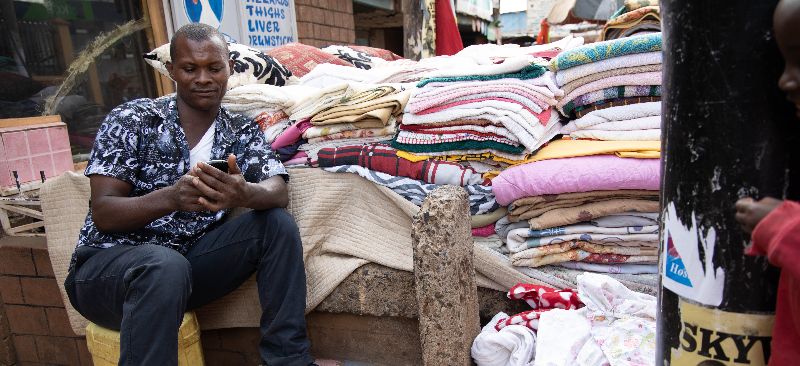
We interviewed Ignacio Mas to find out what he thinks about mobile banking and its role in increasing financial inclusion.
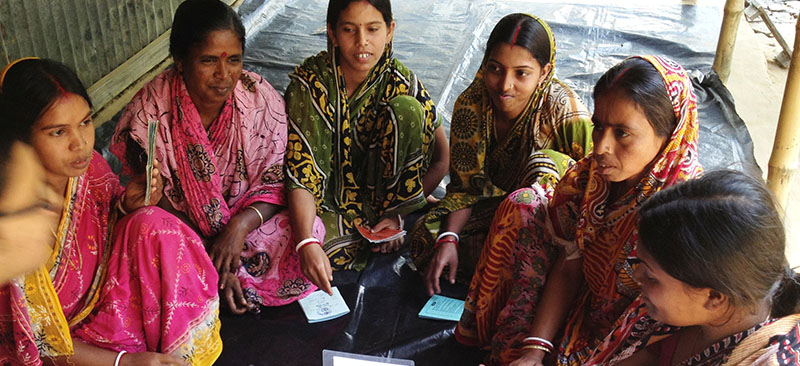
This research report discusses how behavior is governed by perceptions and aspirations around financial goals, income patterns, and financial instruments. The paper ends with “ten governing rules” that the mass market segment considers intuitively when managing money.
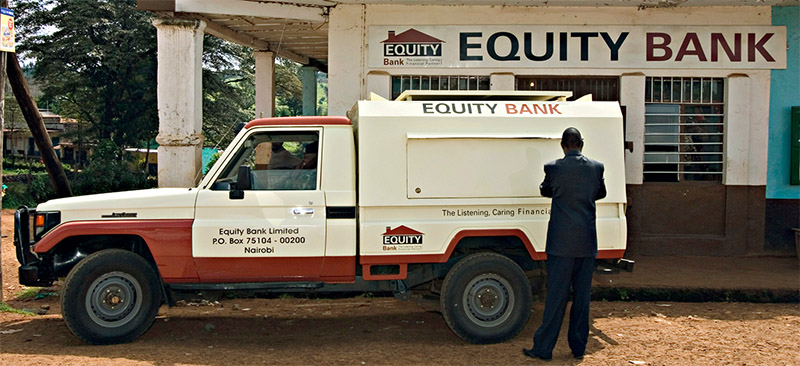
Equity Bank started its agency banking business model in 2010. Since then, the model has become very successful. Currently, the platform has over 2.3 million registered customers with around 80,000 transactions taking place daily through over 6,000 agent outlets. This briefing note, discusses in detail, the key strategic and operational factors behind the success of Equity Bank’s agency banking model.

This report was developed by Water.org in collaboration with the Caterpillar Foundation to assess the
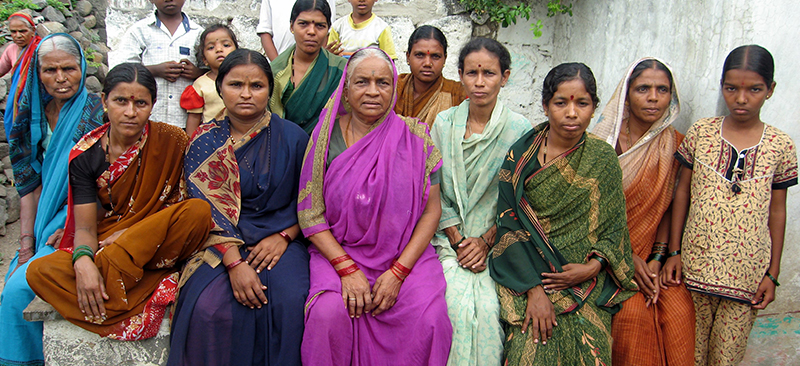
A study conducted by MicroSave in Andhra Pradesh in 2011 highlighted the importance of MFIs as a source of accessible micro-credit for the low-income segment.
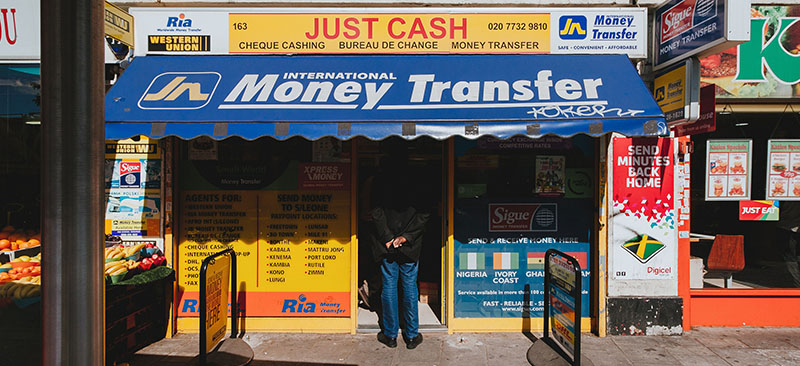
The primary hypothesis of this paper is that, despite the promise of increased reach and efficiency gains, these new approaches are fraught with challenges. High-touch engagement at the point of sale is often still necessary, especially for low-income clients.